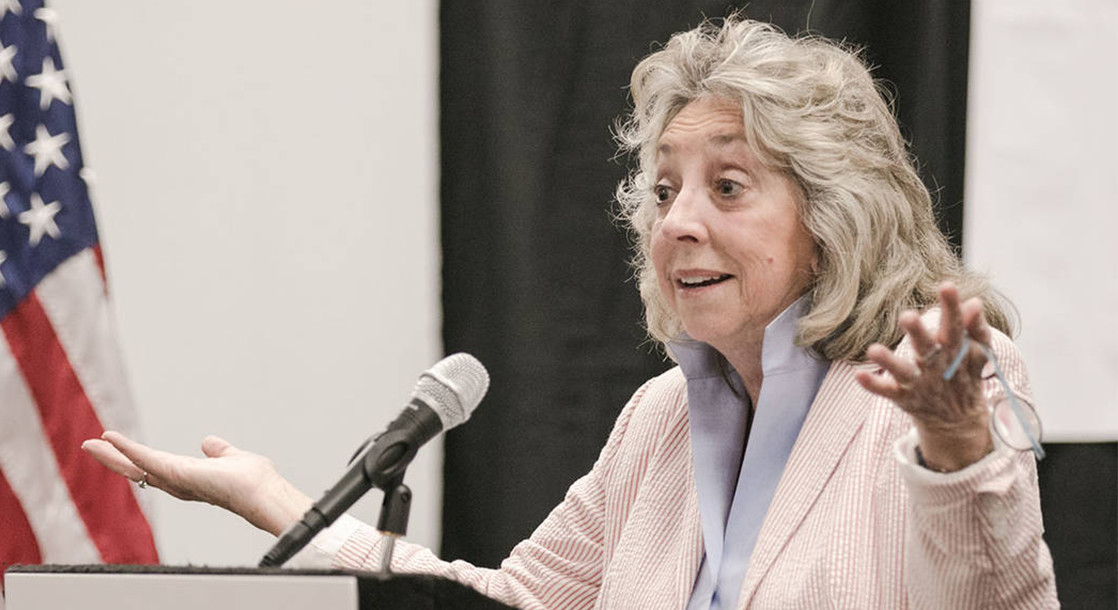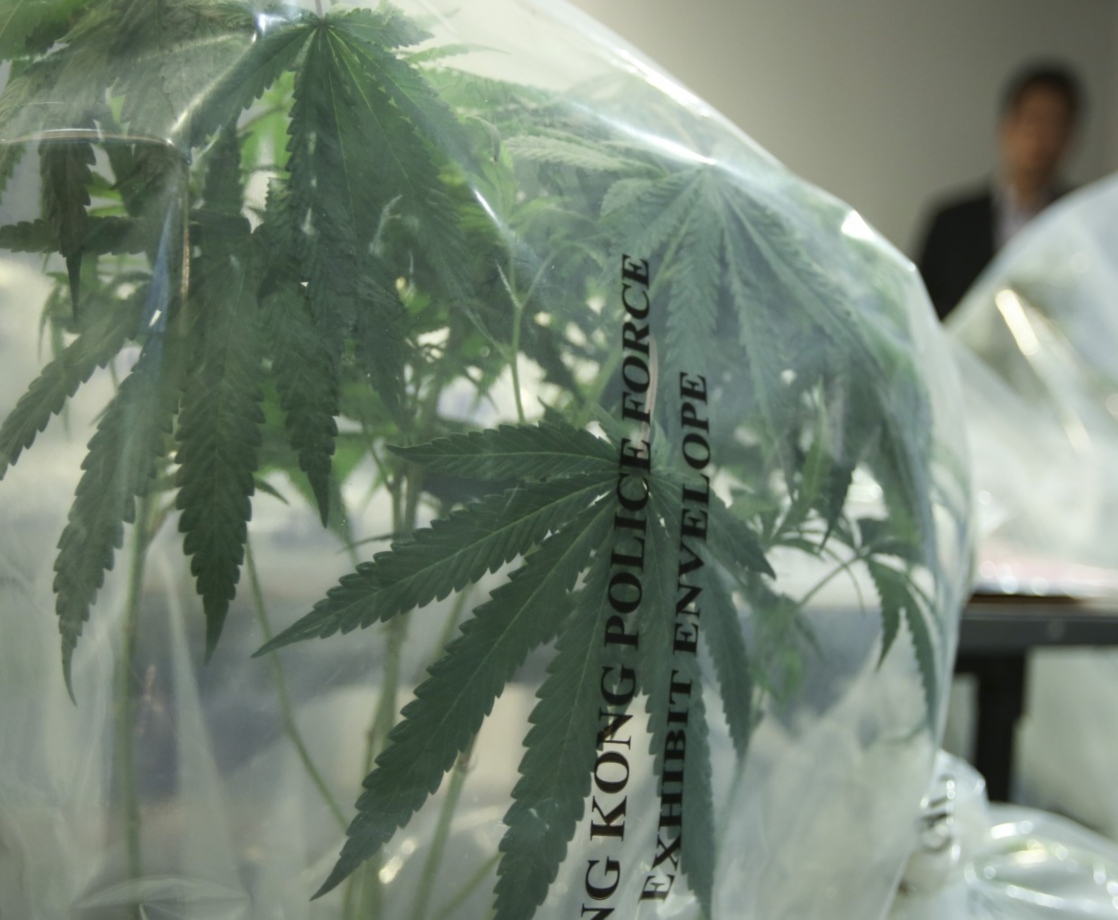Although medical cannabis remains illegal on the federal level, there has been a major wave of support to give military veterans across the U.S. access to this beneficial plant. Unfortunately, the GOP-majority Congress seems set on keeping marijuana out of the hands of former troops suffering as a result of their service.
Last week, Republicans in the House Rules Committee rejected the “Veterans Equal Access” amendment from being added to the Veterans Affairs funding bill. If passed, the legislation would have provided medical marijuana access to military veterans in legal states. While the surprising decision to sabotage the measure confounded many lawmakers and military personnel, Rep. Dina Titus (D-Nev) believes that the battle to grant vets with access to medical cannabis is far from over.
Titus, a staunch medical marijuana supporter who co-sponsored the bill, believes that the House Rules Committee blocked the bipartisan effort in order to appease Attorney General Jeff Sessions. It’s no secret that the former Alabama senator has kept legal cannabis within federal crosshairs throughout his tenure in Donald Trump’s administration. The Nevada Democrat suggests that the select group of House Republicans were fearful of potential retaliation from Sessions, who was denied congressional permission to use federal funds to crack down on medical marijuana back in June.
Despite the disappointing failure of the amendment, the congresswoman acknowledges the widespread support for such legislation, and points to it as potential proof for success in the future. Last year, The American Legion, one of the largest veterans organizations with over two million members, called on Congress to remove marijuana from the Schedule 1 list and “recognize cannabis as a drug with potential medical value.”
“When you can keep something that is supported by the majority off the agenda, that’s hardly a democratic way to make policy,” Titus said.
Currently, the Veterans Affairs department prohibits doctors from suggesting medical marijuana as an option to patients. The proposed amendment would have changed this law, and potentially allowed VA doctors to recommend medical marijuana to vets residing in medical cannabis-friendly states. Military veteran support has blossomed in recent years, primarily due to mounting evidence that medical cannabis can help treat post-traumatic stress disorder.
The House Rules Committee might have delivered a sharp blow to the legislation, but the amendment is still alive in the Senate version of the VA funding bill. However, even if approved in the upper chamber, the amendment would expire on an annual basis. Luckily, the Senate has proven to be more levelheaded when it comes to such matters.
Still, as both veterans and congressional lawmakers continue to fall in line behind medical cannabis legalization, growing support may prevent Sessions and the GOP-controlled House from doing a disservice to those who served in the U.S. military.











